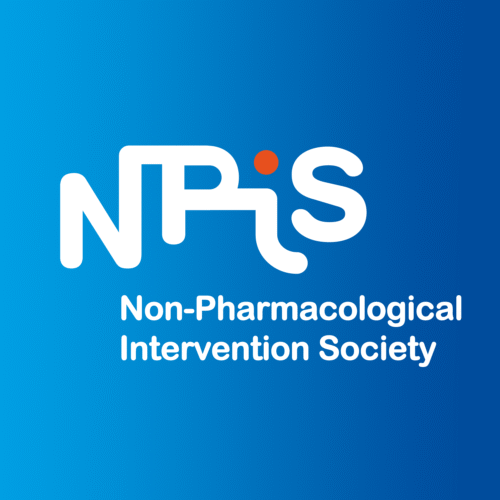Ping4Alzheimer: Integrating Table Tennis-Based NPI into Dementia Care Systems
Renato WALKOVIAK, Ping4Alzheimer
Background
The rising global burden of dementia calls for accessible, non-pharmacological interventions (NPIs) that can be sustainably implemented in diverse care settings. Ping4Alzheimer is an innovative program that uses table tennis to deliver both physical and psychosocial stimulation to people with cognitive decline. Created in France in 2018, it now operates in over 50 locations including care homes, table tennis clubs, and community centers.
Methods
Ping4Alzheimer’s integration strategy relies on partnerships with local health and social care providers. The program includes: (1) a standardized training curriculum for facilitators (sports coaches, care staff); (2) adaptable session formats for different levels of cognitive and physical ability; (3) institutional support for implementation. Since 2019, integration efforts have been supported by collaborations with the ITTF Foundation and the French Table Tennis Federation. Preliminary evaluations were conducted across six pilot sites, using structured observations, facilitator feedback, and semi-structured interviews with staff and participants.
Results
Integration into healthcare settings proved feasible and scalable. Staff reported increased patient engagement and improved staff morale. Facilitators highlighted the simplicity of implementation and strong acceptance by residents and families. Barriers included initial skepticism and the need for space/equipment. Enablers included institutional leadership, community involvement, and visible patient benefits (improved mood, mobility, and social interaction). Caregivers can also participate in some places. A national framework for quality certification and facilitator training was launched in 2020.
Conclusions
Ping4Alzheimer provides a replicable model for embedding NPIs into dementia care. Its success lies in combining physical and psychosocial benefits with a pragmatic implementation approach. Future developments include expanding to countries in Europe and integrating evaluation tools to measure impact more systematically. This strategy may serve as a template for broader NPI adoption in aging care systems.


